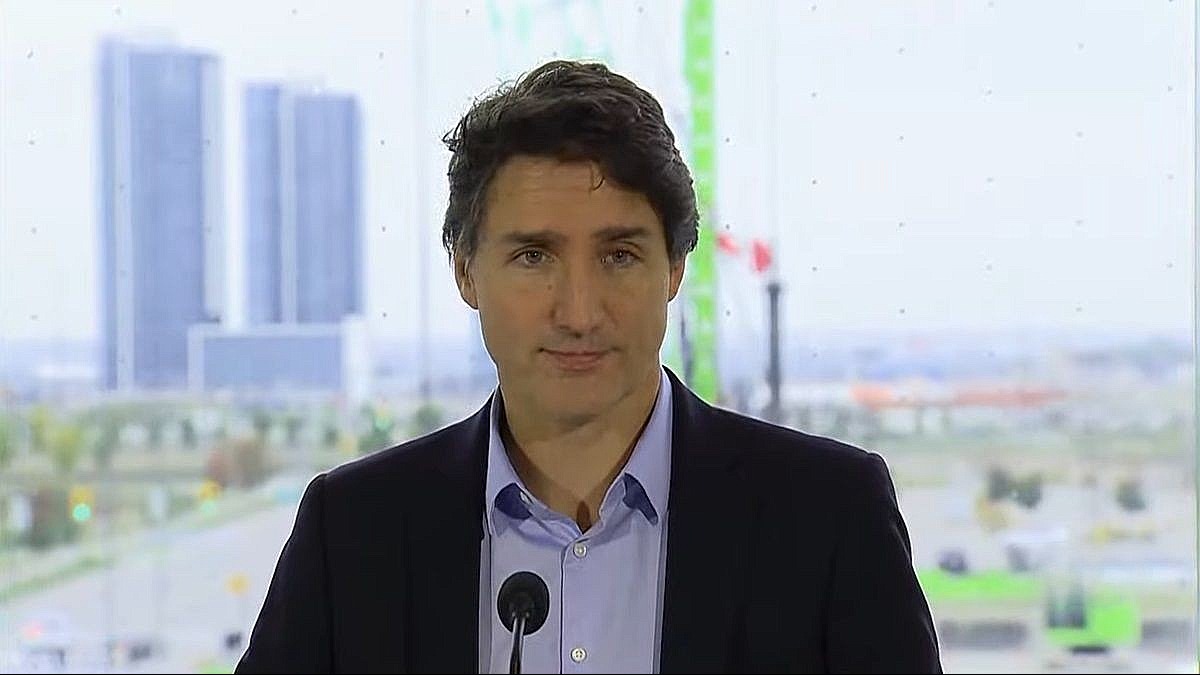Carbon Tax and Electoral Chess: The Atlantic Provinces as Pawns or Power Players?
- Ingrid Jones
- Atlantic Canada
- Trending
- November 8, 2023

When the Canadian Federal Liberal government announced its decision to exempt the Atlantic provinces from their portion of the carbon tax, it was seen as a calculated pre-election move. The specific exemption applies to those who heat their homes with oil. The government’s official stance is that this decision is rooted in the fact that most of Canada relies on natural gas or electric heating, which is more environmentally friendly and effective than heating with oil. Furthermore, it is presented as a cost-saving measure for the provinces, which tend to have higher heating expenses due to their oil-based heating systems. While these arguments may seem valid, many political observers and skeptics believe there is more to this decision than meets the eye.
To understand the potential implications of this government’s recent actions, it’s essential to consider the broader political context in Canada. When the Liberals first came to power in 2015, they did so with a majority government and enjoyed significant support in the Atlantic provinces. However, in the last two subsequent elections, the party has witnessed a notable decline in support in these regions. With a minority government currently in place, speculation has arisen about the possibility of an early election in the spring or fall of 2024.
The decision to exempt Atlantic provinces from a portion of the carbon tax cannot be viewed in isolation from these broader political considerations. Some suggest this move might be a calculated vote bid in the upcoming election. For the Liberals to secure a majority government, they need to identify areas where they can gain seats. Winning back the provinces could be a strategic move to bolster their chances in the next election.
Canadian politics have a long history of regional dynamics, where different provinces and territories have distinct political leanings and priorities. The Liberal Party has traditionally found strong support in Ontario and other parts of the country, while the Conservative Party has dominated Alberta and other western provinces. To attain a majority, the Liberals need to broaden their voter support and gain traction in regions where they’ve faced recent setbacks.
The strong presence of the Bloc Québécois and Yves-François Blanchet in Quebec, will be another targeted province for the Liberals and an opportunity to expand their influence. Winning over voters in these regions could be the catalyst for securing a majority government the next time Canadians head to the polls.
As the political landscape continues to shift, it’s crucial to recognize the potential impact of decisions like these. While the Prime Minister positions the carbon tax exemption as a cost-saving and environmentally responsible move, the deeper political implications cannot be underestimated. If the Liberals can regain support in the Atlantic provinces, they may well be on the path to achieving majority status in the upcoming election, significantly shaping the future of Canadian politics and Justin Trudeau’s leadership. The next few months will reveal whether this decision was primarily a policy choice or a calculated maneuver to maintain their hold on power.








